Imagine a humid summer day in Lattakia and two friends with disabilities. One of them has paraplegia, and the other is walking with prosthetic parts replacing their feet.
We decided to go to the swimming pool near our home. Our entry was legendary. All the families, children, and young people stopped swimming. Some people almost drowned when they saw the wheelchair raised like a coffin to cross the stairs. Walking next to it was a friend suffering from crutches and limbs to climb the stairs too. They were astonished because they came to escape the heat and did not expect to see a funeral or the so-called assistance for people with disabilities.
We got to the table, and I started preparing myself to go down to the pool. Everyone was still in shock. A person with many muscles represents the image of an athletic swimmer in their mind. They must have a slender body and be able to slash through the water like a knife. They are not familiar with prosthetic parts or wheelchairs.
Everyone moves to the second automatic behavior: to impose help and not ask if it is needed or if they need to assist. We consider this more disturbing than the initial astonishment we are accustomed to, which we often laugh away.
We refused the help. We, however, thanked them for their wishes for health and healing and prayers for new limbs of flesh, blood, and a brand new spinal cord.
Finally, the paralyzed person in the water was waiting for his amputated friend. We preferred to wait until people left to slip into the water as if our limbs were natural and full of muscles. Later, the paralyzed and the amputated were not getting hot or sweating. Our task was completed successfully, and the feeling of satisfaction overwhelmed us; this pool was ours.
The remains of our wheelchair, limbs, crutches, cellphones, clothes, and bags of chips and crackers were left on the table.
You read above an introduction to the next scene, which I will not mention in detail. The worker in the pool, during her usual tour, stopped for a while in front of our table. She was not tempted by the potato chips, phones, or clothes. What made her fall into a state of shock was blue jeans with prosthetic parts waiting for their owner to get out of the pool.
She moved her eyes between the limbs and the pool and did not comprehend the scene. She opened her mouth and covered it with her hand. Shocked and curious, she continued her tour around the edges of the pool. She addressed the swim guards and pointed with her finger at our table and prosthetic parts. She raised her hand and pointed our stuff to everyone. Look, she said, there are leather pants with feet. Are they real or made of metal? God bless this invention!
The human curiosity here is not to gain knowledge. It is instead a sad curiosity, which can cause much harm that is difficult to explain now. Sadly, we are in a country that has been at war for a decade, and the streets are full of people with disabilities. We do not have the required infrastructure or even a decent level of awareness of people with disabilities and how to deal with them to make them feel normal. It feels like it will take another ten years or more to get to that level of understanding.
We straightforwardly overcame her curiosity. The paralyzed swam a distance of one kilometer, and the amputated managed to dive for more than two minutes, holding one breath. After that, we went to dinner at a fast-food restaurant, and that is another story.
Writing and photography By: Khalel Sarhel

